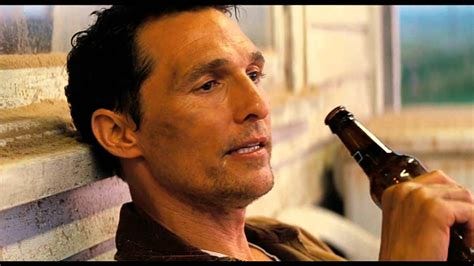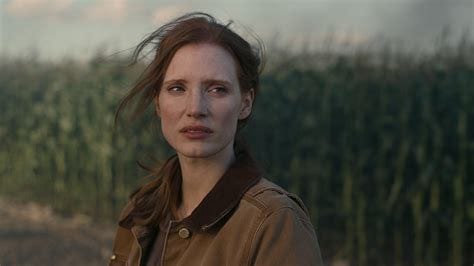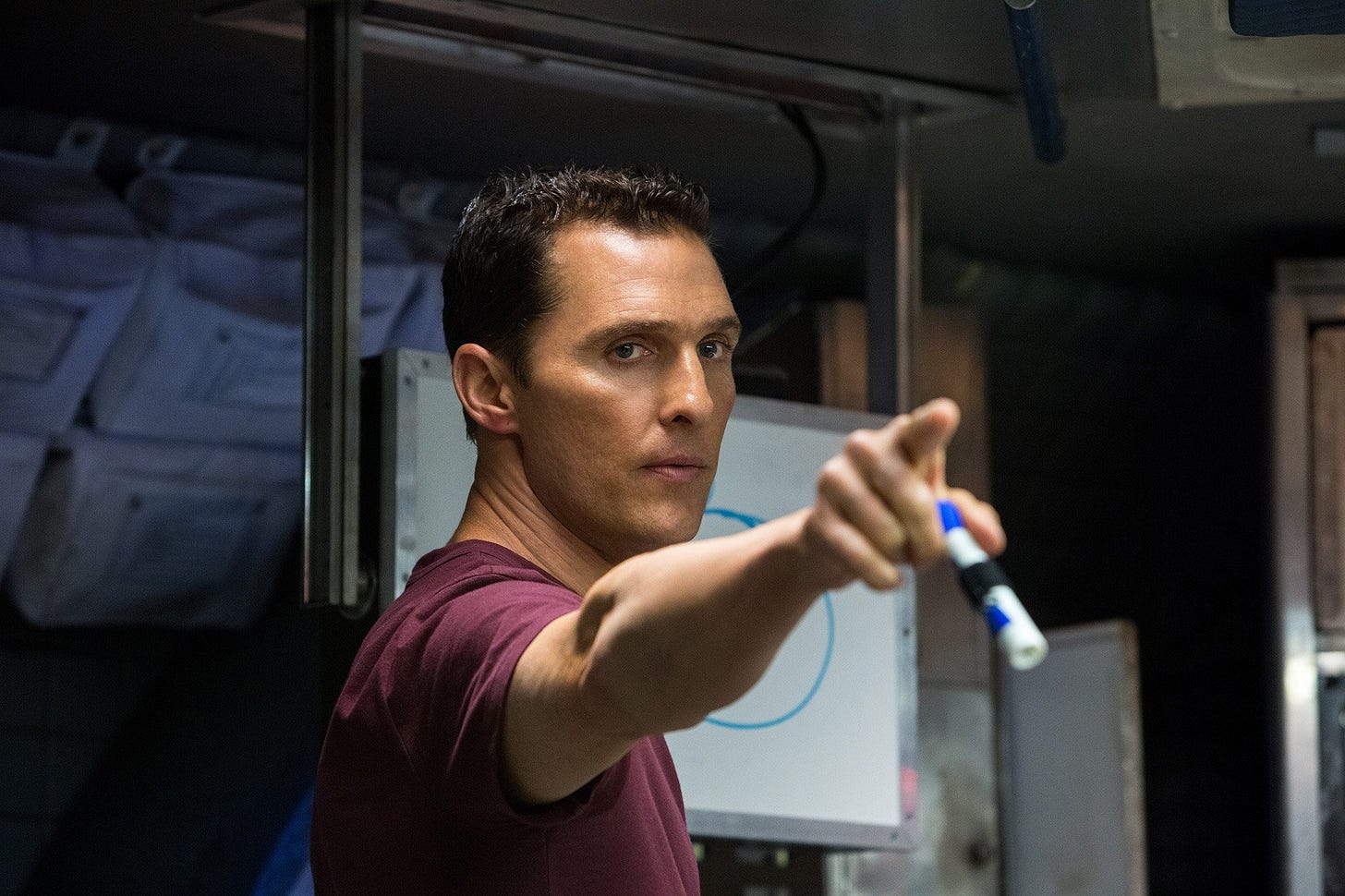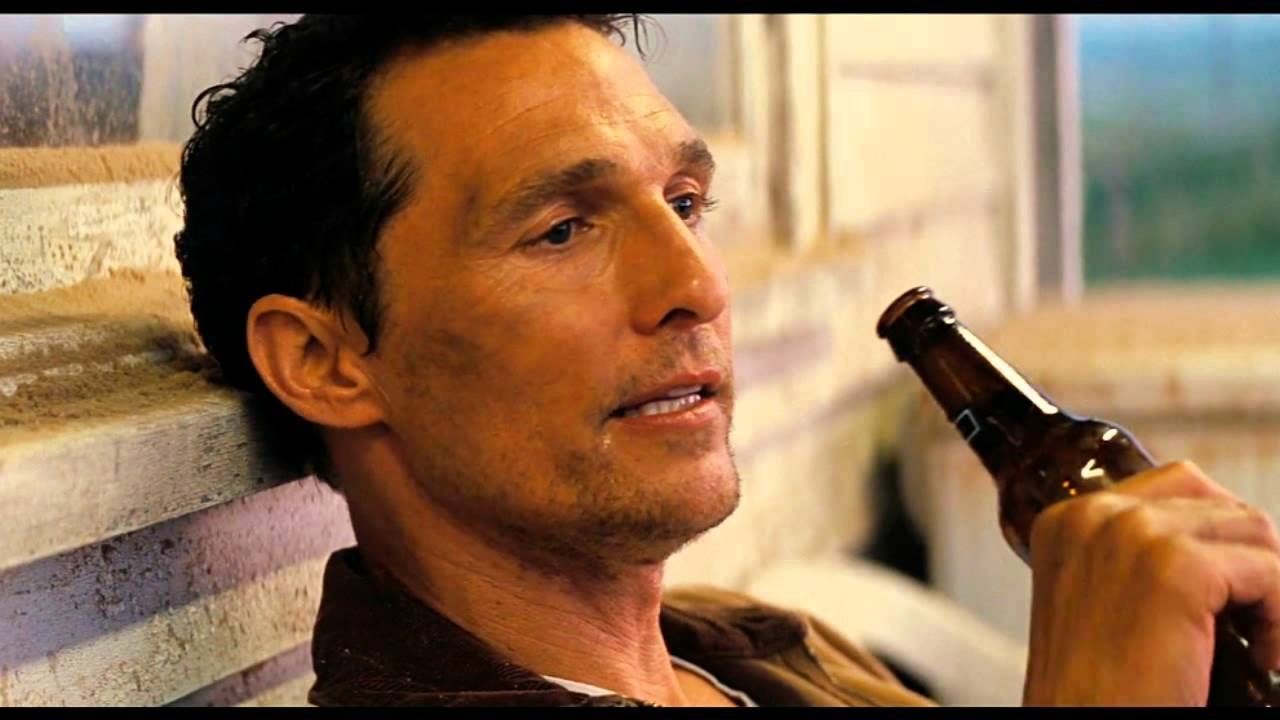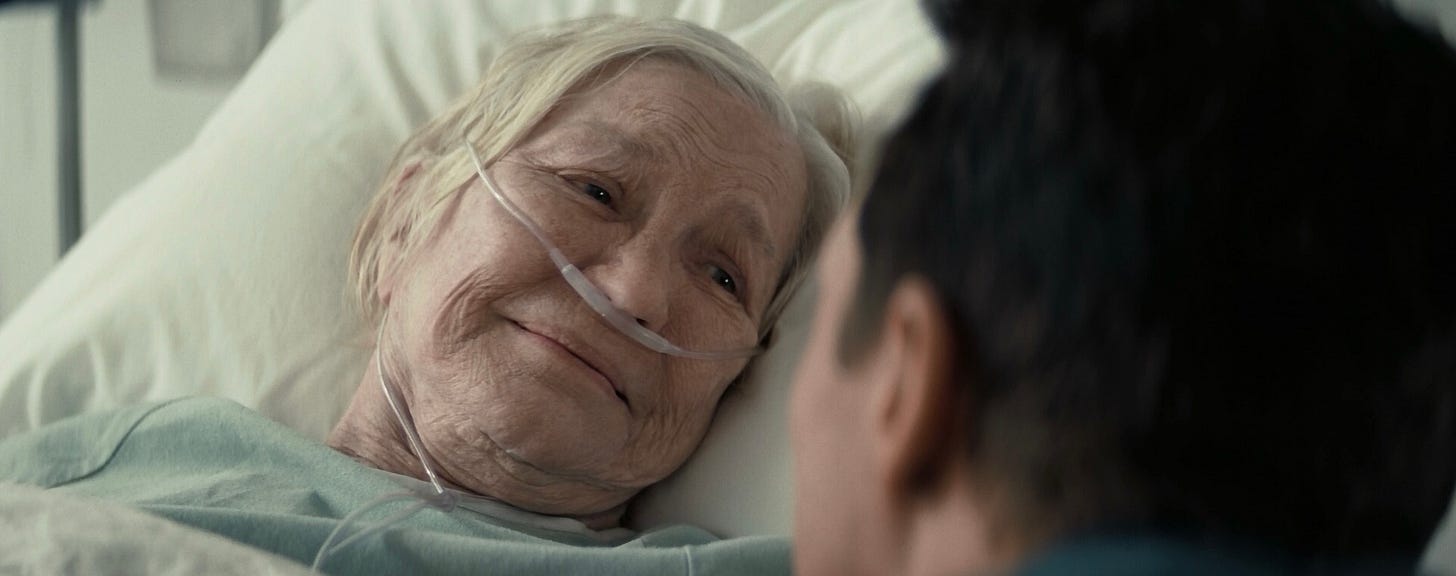If you haven’t yet had a second (or first) watch of this film, I’d recommend it today. It’s more relevant now than upon release, a lovely story about lies in the service of the supposed common good. As it turns out the Big Lie also contains a kind of theory of everything, centered around what might be an accidental crash landing on a fantastical truth.
To legitimize the idea of how “impractical” programs like NASA would be driven underground when a food crisis is at hand, in this near future they teach children the Apollo program was a hoax designed to bankrupt the Russians. Earth is turning to a global dust bowl because of climate change or some ostensibly human failure, we farmed the land wrong, it’s unclear what the problem is, we’re either responsible or it was simply fate, but we’re doomed, of course. But thankfully the brave scientists have been working in secret on a solution to evacuate us to a habitable planet.
And yet a mystery remains unsolved at the homestead, where Joe Cooper, a former NASA test pilot and now one of a few farmers trying to feed what remains of Earth’s population post-disaster is raising a family in this dead-end global famine. Meanwhile his daughter Murphy spends a lot of time trying to figure out why ghosts are constantly pushing books out of a bookcase in her bedroom. When Cooper studies this anomaly it leads him to a secret NASA bunker, where he’s recruited to save the world on a mission through a fortuitous wormhole.
Before his departure his daughter refuses to say goodbye, because she’s decoded a message in these fallen books, and according to her, this ghost appears to be telling Dad to S-T-A-Y. She holds the grudge a very long time.
The key plot device relates to a relativity concept about how space-time is shaped, how gravity affects the passage of time via dilation, and how gravity is also somehow the secret to spooky action at a distance. Lots of mentions of “the quantum data,” black holes, event horizons, and things that “real” scientists surely cringe at.
The end result in the film is a race with time to make sure our space cowboy can get home soon enough to mend his relationship with his daughter before she dies, as she is aging rapidly while he passes through wormholes—and due to that blasted relativity—slows his own clock.
As part of a long tradition in space epics, lies are instrumental as a motivator for astronauts to do things that might otherwise be impossible, due to selfish human nature. It’s as if every time we venture to space in a film today, we’re instantly looking for the double-crosser, rogue robot, the company prime directive. In this film, you don’t realize until your daughter is as old as you are that the company/government never intended to save you or anyone at all, and was simply using you to spread fertilized embryos as seeds for the continuation of the human race. As it also turns out the world you’ve been told can grow those embryos isn’t promising at all, and the guy who found it was lying in order to get you to meet him there, so he could kill you and steal your spaceship.
Why is space in cinema always such a nasty web of lies and deception?
Because as much as it fascinates and inspires and gives us hope for vast human potential, deep down we know space itself is a lie.
Surely you’ve made the calculations in your own head about Mars, and Musk’s grand plans. Who exactly will be going to Mars? you ask yourself. Our children? Theirs? A few elites, a few unlucky castaways on a failed colony? Or will it simply be some kind of bomb full of magic embryos, raised by robots, with Earth’s population left to die? One key piece of Interstellar’s puzzle is that they’ve long since given up on trying to colonize this solar system, as they’ve “done the science” and now know the only chance for humans is a galaxy away.
It’s not clear to our hero until it’s too late that he’s been lied to, but in a last ditch effort/suicide attempt he casts himself into a black hole, which leads to a multidimensional intersection of “strings,” or folding 5d tesseract of moments in time. These moments are (shocker) occurring back on Earth, behind a bookcase in his daughter’s bedroom.
hE wAs ThErE aLl aLOnG.
He was his daughter’s ghost! He was telling himself to STAY. But having failed that, he relays the “quantum data” to Murphy, who unlocks the secret to getting humans into their giant centrifugal space station, where they’ll spin happily until their new world is ready.
In the end of course, the real story is about love and how it transcends all scientific analysis, and so Cooper is compelled to abandon his now-centenarian daughter on her deathbed to join a boyish astronaut companion on a new world, where they’ll become Adam and Eve, and prepare the world for the other refugees.
At least that’s the conventional view of what happens in the last 30 minutes of the film.




